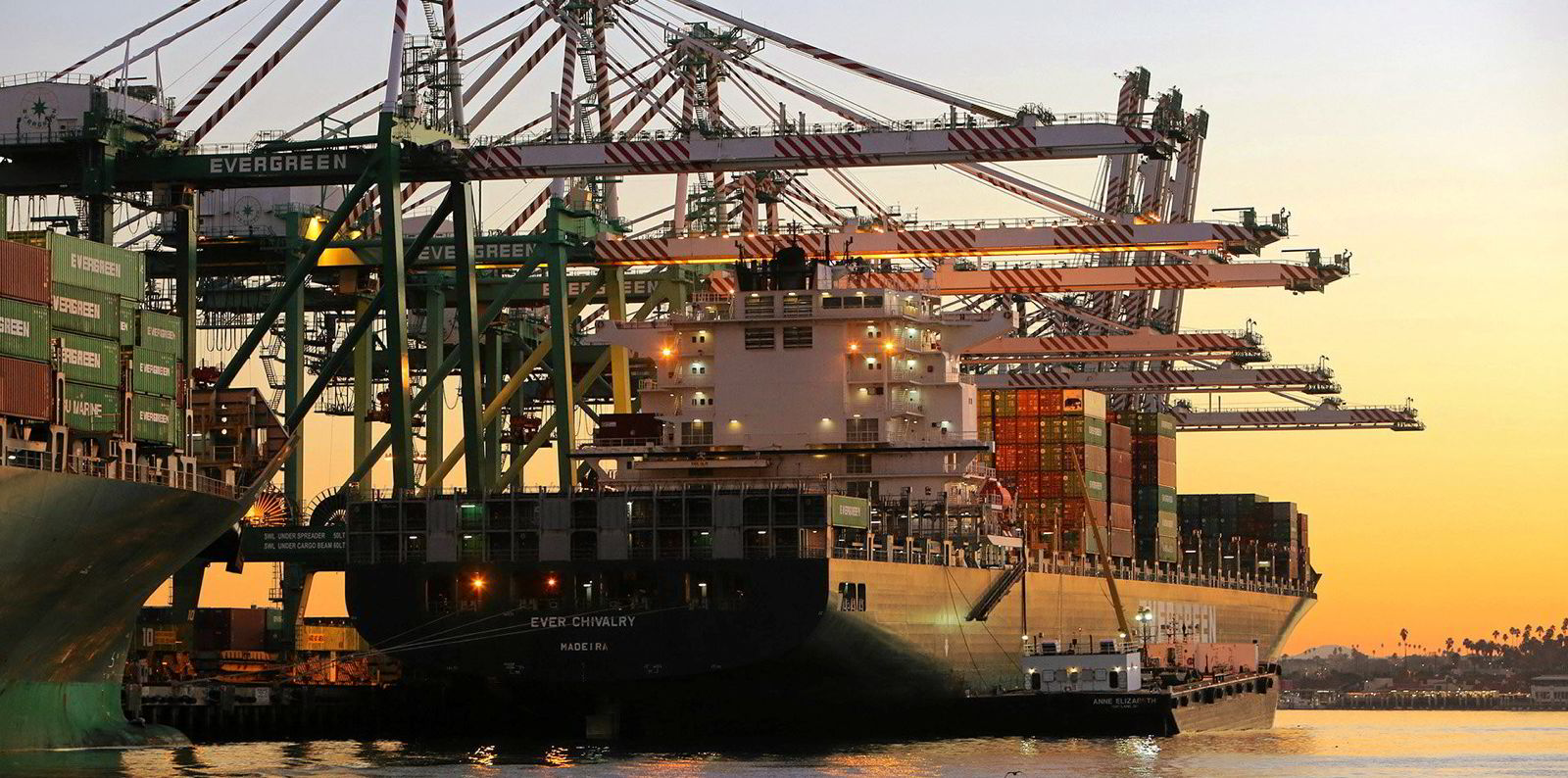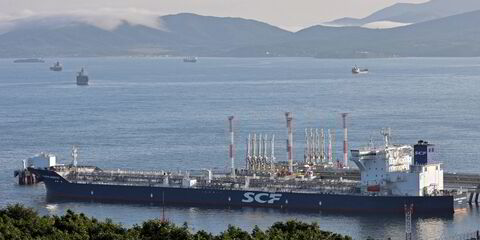A supply chain technology company has pointed out a major issue with the rollout of the controversial US law known as the Ocean Shipping Reform Act (OSRA).
Trade Tech president Bryn Heimbeck said non-vessel operating common carriers (NVOCCs) and customers brokers could run into serious cash flow issues. He blamed that on the law’s requirement that NVOCCs collect the container availability date in an effort to assess proper detention and demurrage charges.
“[NVOCCs] are having difficulty providing this information to customers on their invoices because ocean carriers and/or terminals so far have been unwilling, or unable, to provide this critical piece of information to them,” Heimback said, whose firm provides software for logistics providers.
“There currently is no interface between the parties that conveys this cargo availability information.
He said NVOCCs and customs brokers often advance funds to customers, but the new rule could see those companies provide funds, then be told their customers refuse to pay the invoice.
“As the middlemen, they could be dispensing funds for customers who may later say they don’t need to pay the invoice because the [detention and demurrage] charges were not invoiced correctly,” Heimback said.
Part of the goal of the OSRA was smoothing issues around detention and demurrage, where liner operators charge shippers fees for either not picking up containers or not returning them quickly enough.
Many US shippers have complained liner operators have refused to accept container returns, then charged the shippers fees despite the refusal.
The OSRA, signed into law in June, demands liners justify detention and demurrage charges.
Part of that, according to Heimback, is the determination of the container availability date. But he said liner operators tell NVOCCs to ask the terminals and the terminals do not speak with importers, customs brokers or NVOCCs.
Further, he said every liner operator has its own tariff rules for each trade providing free time, which is different from when the cargo is available.
Heimback calls for a grace period for the industry to adapt to the new reporting requirements and failing that, the Federal Maritime Commission — the US government body charged with regulating international ocean shipping — should allow detention and demurrage to be paid on a credit basis.
“The new law is both a major change to terminal processes and a technology issue relative to data structure and communication, and it involves big money. It went into effect without typical industry comment or phase-in periods,” he said.
“It is unusual for a law to be this specific right out of the gate.”(Copyright)





